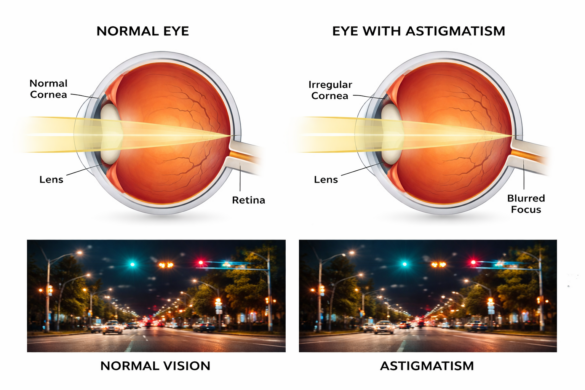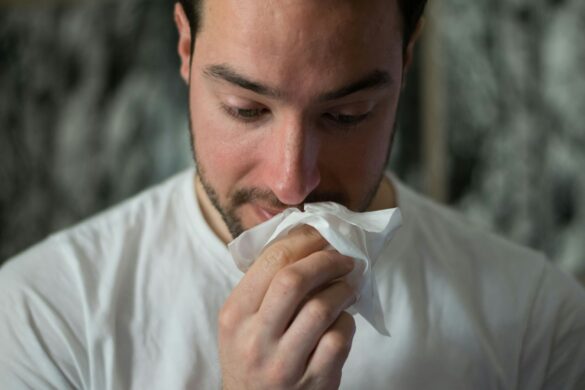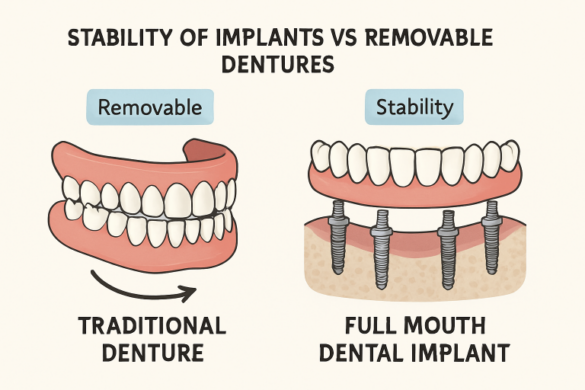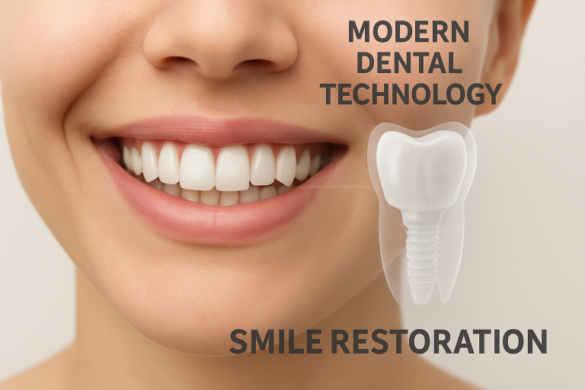 Ever wonder why some people seem blessed with hair that always looks amazing while others struggle with constant bad hair days? While genetics definitely play a part in determining hair texture, thickness, and growth patterns, the real secret often lies much closer to the surface than most people realize. The scalp – that patch of skin we rarely think about – actually controls most of what we consider “natural” hair quality.
Ever wonder why some people seem blessed with hair that always looks amazing while others struggle with constant bad hair days? While genetics definitely play a part in determining hair texture, thickness, and growth patterns, the real secret often lies much closer to the surface than most people realize. The scalp – that patch of skin we rarely think about – actually controls most of what we consider “natural” hair quality.
Hair follicles are essentially tiny factories, and just like any manufacturing operation, they need the right environment to produce quality results. When scalp conditions are optimal, hair grows stronger, shinier, and more manageable. When the scalp environment gets thrown off balance, even genetically great hair can look dull, brittle, or unruly.
The Scalp’s Role in Hair Quality
The scalp does way more than just hold hair follicles in place. It’s a complex ecosystem that produces the oils, nutrients, and cellular environment that hair needs to grow properly. Think of it as the soil in a garden – you can have the best seeds in the world, but without healthy soil, nothing’s going to flourish.
Sebaceous glands in the scalp produce natural oils that coat and protect each hair strand. When these glands work correctly, hair has that natural shine and flexibility that makes it easy to style. But when oil production gets out of whack – either too much or too little – hair becomes harder to manage and more prone to damage.
Blood circulation in the scalp delivers nutrients and oxygen to hair follicles. Better circulation means healthier follicles, which produce stronger hair. This is why scalp massage feels good and actually helps with hair health – it’s increasing blood flow to areas that need those nutrients.
Professional treatments can address specific scalp imbalances that home care often misses. For people dealing with persistent hair issues, exploring options such as scalp treatment in singapore or other specialized services can provide targeted solutions that get to the root of the problem rather than just masking symptoms.
Why Some Scalps Stay Healthy While Others Don’t
Here’s where things get interesting – scalp health isn’t just about genetics or luck. Daily habits, environmental factors, and even stress levels all influence how well the scalp functions. People with consistently great hair often have scalp care routines they don’t even realize they’re following.
Water temperature makes a bigger difference than most people expect. Hot water strips natural oils from the scalp, forcing sebaceous glands to overcompensate by producing excess oil later. People who naturally gravitate toward cooler water temperatures often have better oil balance without trying.
Product buildup is another major factor. Shampoos, conditioners, styling products, and dry shampoos can accumulate on the scalp over time, clogging follicles and disrupting natural processes. Some people naturally use fewer products or choose gentler formulations, giving their scalps a chance to breathe and function normally.
Sleep position and pillowcase material also matter more than expected. Cotton pillowcases can absorb natural oils from hair and create friction that damages strands. People who happen to sleep on silk or satin, or who move around less during sleep, often wake up with better-looking hair simply because of reduced mechanical damage.
The pH Balance Factor
Scalp pH levels significantly impact hair quality, but this rarely gets discussed in mainstream hair care advice. Healthy scalps maintain a slightly acidic pH around 4.5 to 5.5, which keeps the hair cuticle smooth and allows natural oils to distribute evenly.
Many common hair products are too alkaline, which raises scalp pH and causes hair cuticles to lift and become rough. This creates that frizzy, tangled texture that’s hard to manage. People with naturally great hair often use products that happen to be pH-balanced, or their scalps are naturally better at maintaining proper acidity levels.
Hard water can also throw off scalp pH by depositing minerals that make the environment more alkaline. Some people live in areas with naturally softer water, giving them an advantage they might not even know they have. Others have learned to use clarifying treatments or water filters that remove these problematic minerals.
Hormones and Scalp Health
Hormonal fluctuations affect scalp oil production, hair growth cycles, and even hair texture. This explains why hair quality can change dramatically during different life stages or even throughout monthly cycles.
Some people have more stable hormone levels, leading to consistent hair quality over time. Others experience regular fluctuations that require adjustments to their hair care approach. Understanding these patterns helps explain why the same routine might work great for months and then suddenly stop being effective.
Stress hormones particularly impact scalp health by restricting blood flow and altering oil production. People who manage stress well – whether through natural temperament, lifestyle choices, or learned techniques – often maintain better scalp conditions and hair quality as a result.
Environmental and Lifestyle Factors
Diet impacts hair quality more than most people realize, but not always in the ways commonly discussed. While protein and vitamins matter, hydration levels and blood sugar stability often have more immediate effects on scalp function.
Regular exercise improves circulation throughout the body, including the scalp. People who stay active often have better hair quality simply because their follicles receive more nutrients and oxygen. Even gentle movement that increases heart rate can make a noticeable difference over time.
Sun exposure affects scalp health in complex ways. Moderate exposure can be beneficial, but too much UV radiation damages both scalp skin and hair strands. People who naturally protect their scalps – whether through hats, hair positioning, or indoor preferences – often maintain better hair quality.
The bottom line is that “naturally” great hair usually isn’t as natural as it appears. It’s often the result of scalp health factors that work together to create optimal conditions for hair growth and maintenance. Understanding these factors means anyone can work toward improving their hair quality, regardless of what genetics handed them.









